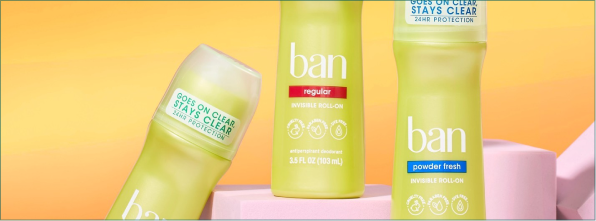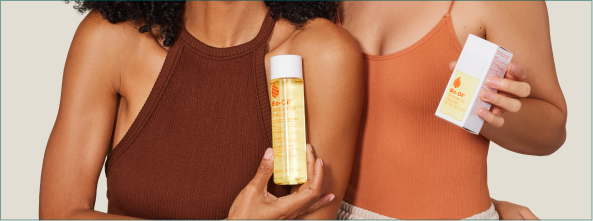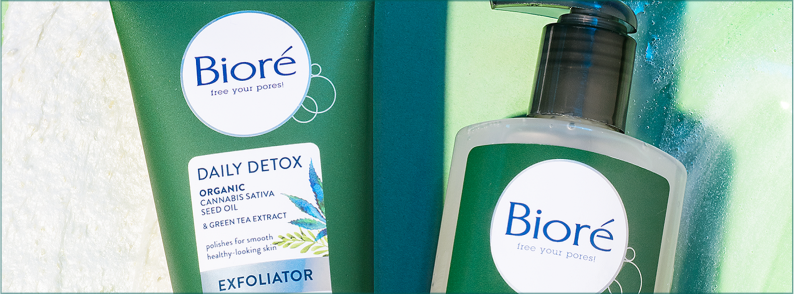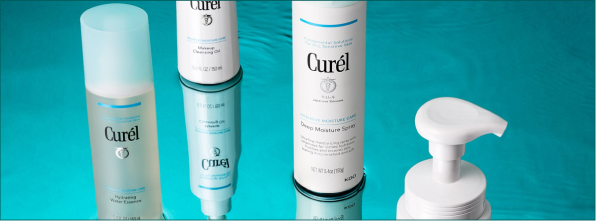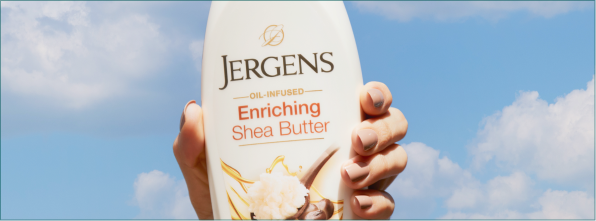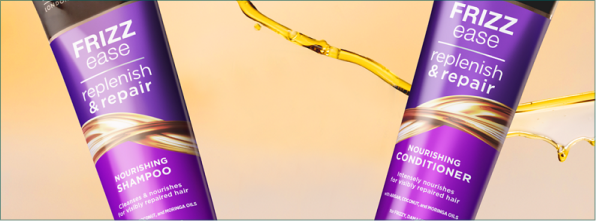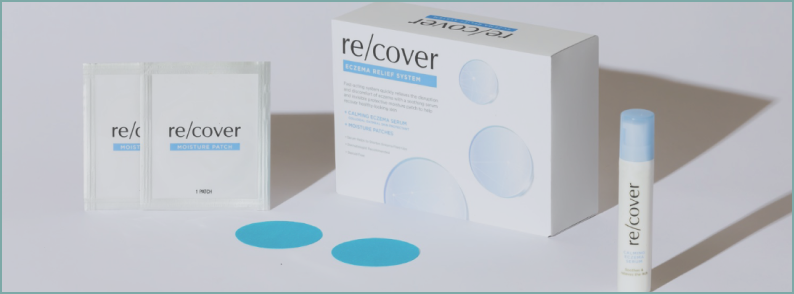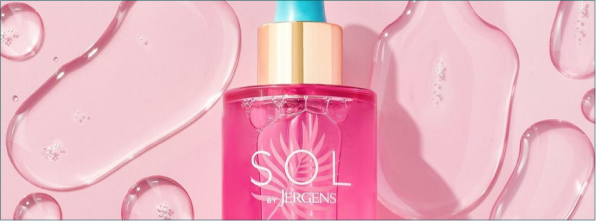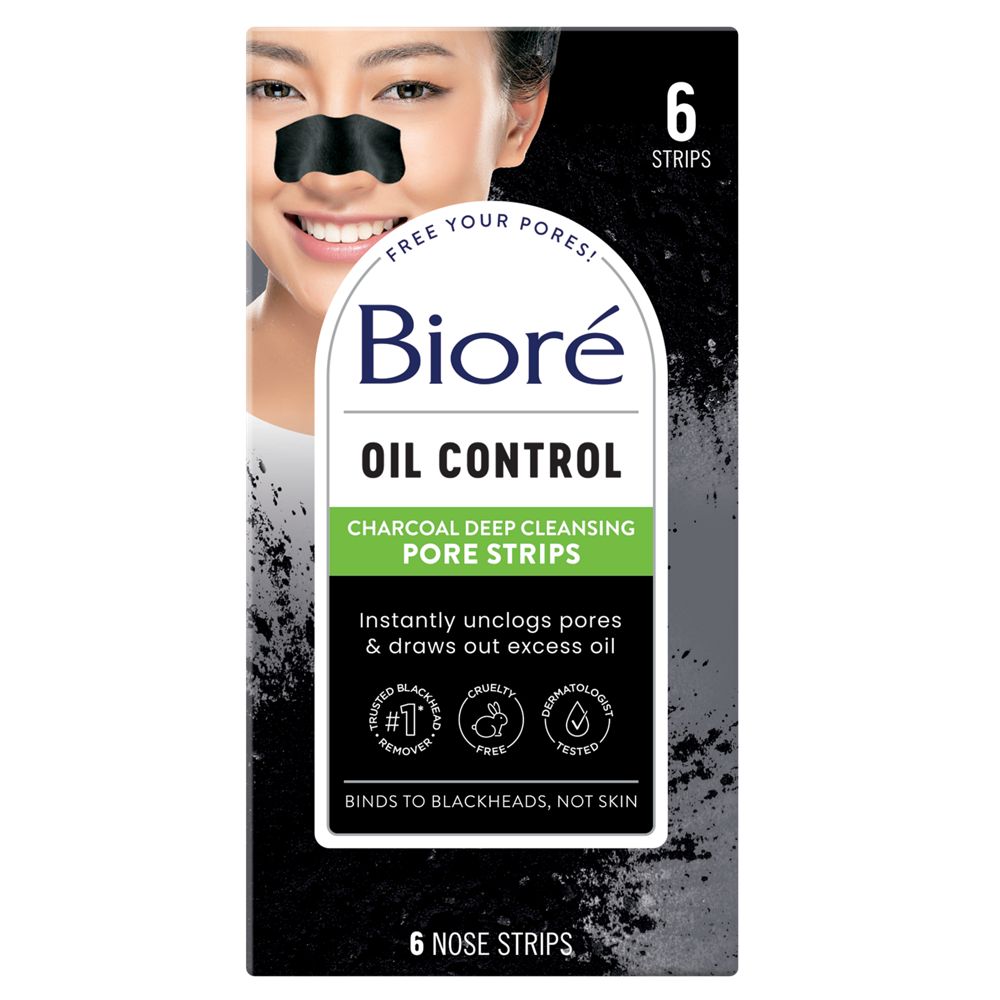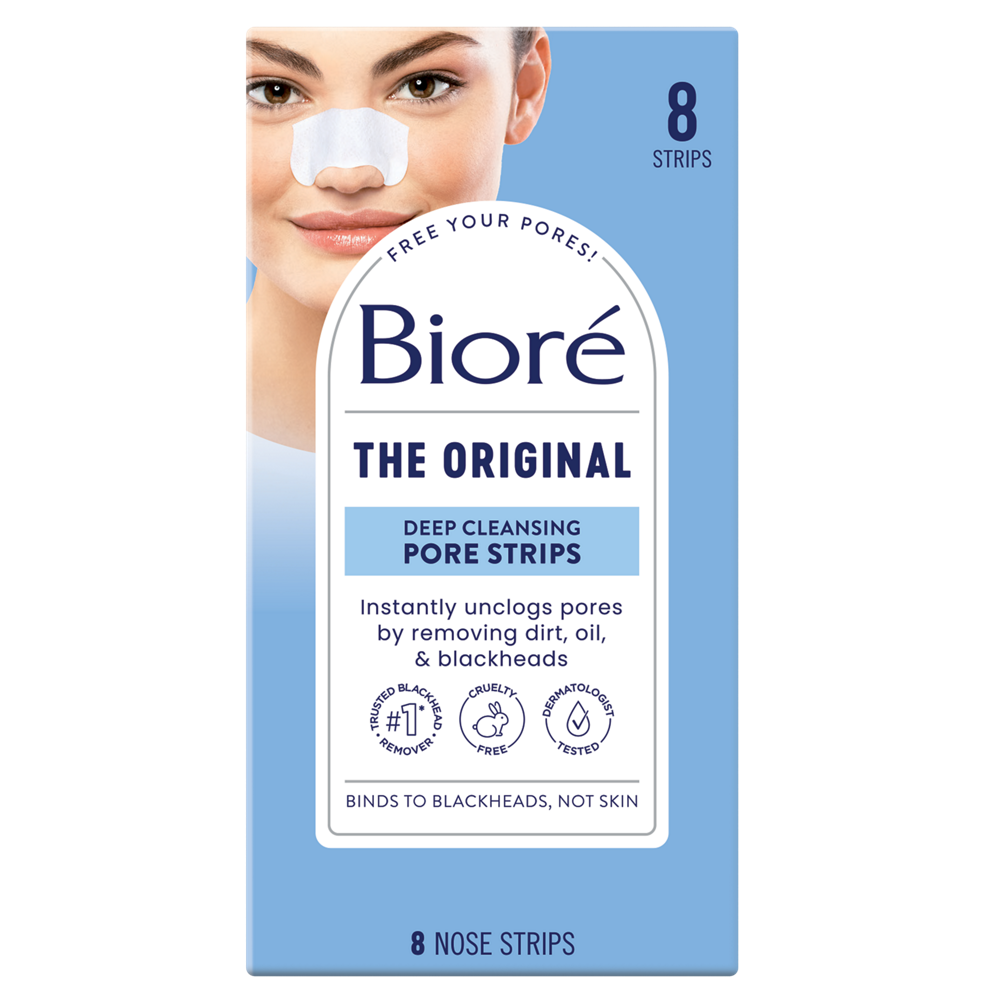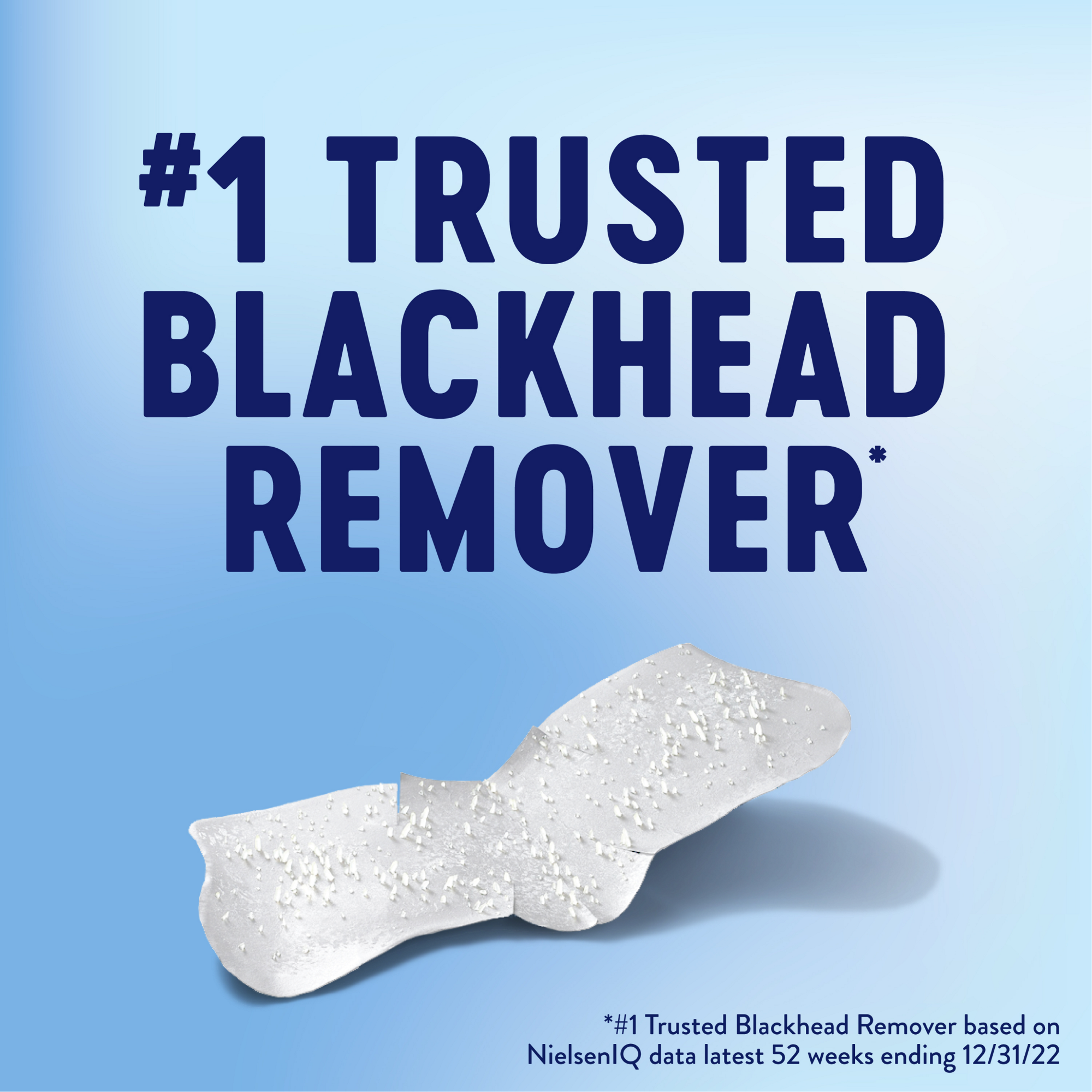What Causes Blackheads on Your Nose?

If only we could erase blackheads. These pesky blemishes love to be front and center on our faces, but what causes blackheads on your nose? Why are they so fixated on that spot?
Let's demystify these pesky blemishes and explore why they cozy up in the pores on your nose. We'll take a closer look at what causes blackheads and uncover the secrets to keeping them at bay.
Basics of Blackheads
What causes blackheads on your nose? A blackhead starts to form when your pores become clogged with materials like oil, sebum (a substance naturally produced by your skin), makeup, dirt, and bacteria. Blackheads are noninflammatory acne known as “open comedones.” When the material in an open comedone becomes exposed to oxygen, it turns black, which gives blackheads their appearance.
A blackhead starts to form when your pores become clogged with materials like oil, sebum (a substance naturally produced by your skin), makeup, dirt, and bacteria.
How Do Blackheads Form?
Blackheads are a type of hormonal acne, typically caused by oil-gland overproduction. Each pore has a hair follicle and sebaceous gland, which produces sebum that naturally moisturizes the skin. Although your skin naturally produces this oil to help keep itself moisturized, too much oil can cause a blackhead breakout.
Blackheads can form at any time and they’re especially common for folks with oily skin. However, blackheads are known to flare up during hormonal shifts such as puberty, menustration and pregnancy. Blackheads can also be caused by irritated hair follicles or dead skin cells that aren’t shedding reguarly.

What Causes Blackheads on Your Nose?
So we know how they start, but why do blackheads always seem to form on your nose?
Blackheads are most common in the pores that lie within your T-Zone, a section of your face that includes your nose, forehead, and chin. The skin in this area contains more oil glands than other parts of your face and body, which is one of the main reasons blackheads often pop up on your nose.

Blackheads Caused by Contact
If you touch your nose a lot, blackheads can form due to excess dirt and bacteria getting into your pores. Try to avoid touching your face and make sure to clean objects that commonly touch your face, like glasses, sunglasses and your cell phone.
Blackheads vs. Other Types of Acne
Blackheads are different from other types of acne, like whiteheads, pustules, and pimples. In the acne world, blackheads are clogged pores known as noninflammatory acne lesions. Blackhead plugs sit inside open pores and are dark in color due to a chemical reaction between the material in your pores and oxygen in the air.
Nose blackheads are sometimes confused with sebaceous filaments, which also appear on the nose. However, filaments do not clog the pores like acne. Instead, they are made up of natural oil that collects in a hair follicle, which can cause your pores to appear larger and darker.

How to Treat Blackheads on Your Nose
A consistent daily skincare routine can banish blackheads. Important steps in this routine include:
- Wash your face up to twice a day with a facial cleanser that contains salicylic acid, your go-to ingredient for exfoliating the skin and removing blackhead-causing oil. Blemish cleansers can also help clear clogged pores.
- Use pore strips weekly to instantly and safely remove blackheads on your nose. Pore strips use powerful magnet-like technology to cling to blackheads but not your skin. Check out our Pore Strips 101 guide for application tips!
- Gently exfoliate your skin with an acne scrub a few times a week to help remove dead skin cells and other materials that can clog your pores.
- For painful or excessive blackheads, ask your dermatologist about professional extractions. During professional extractions, a licensed professional carefully removes blackheads and other blemishes. Avoid home extractions, which can damage your skin and lead to infection and scarring.
Once your nose is clear of blackheads, you can help keep it that way by following an effective nighttime skincare routine for oily skin. In addition to cleansing your face daily with a salicylic acid cleanser for acne and occasional exfoliation and extractions, you should:
- Choose oil-free moisturizer and sunscreen.
- Select non-comedogenic cosmetics, which are specially designed not to clog pores.
- Wash pillowcases and makeup brushes every week to prevent excess bacteria.
- Carry cleansing cloths with you for a quick clean on the go.
- Avoid touching your face, especially with unclean hands.
Key Takeaways
- Blackheads are caused by dirt and oil that clog your pores and turn black when exposed to air.
- The nose is a popular spot for blackheads because of the excess oil that gathers there, either by natural production or by contact with our hands, makeup, dirt, etc.
- Help prevent and get rid of nose blackheads by incorporating a combination of cleansers with salicylic acid, pore strips, and gentle exfoliation into your skincare routine.
- Blackheads can be removed by an esthetician or dermatologist, but should not be extracted at home to avoid infection and scars.
- You can help prevent blackheads by cleansing your skin with Salicylic Acid cleansers and choosing oil-free products specially formulated not to clog your pores.
FAQ
Why do I keep getting blackheads on my nose?
Blackheads on your nose are caused by clogged pores due to an excess of oil, dirt, and an accumulation of dead skin cells. Your nose is a prime area for these factors because we touch our noses often, and it comes into contact with glasses and sunglasses.
Do nose blackheads ever go away?
Nose blackheads often ebb and flow with our hormones, prominent during puberty and during hormonal life changes. But some folks, especially those with more oily skin, may continue to have them into adulthood. However, you can get rid of blackheads with various treatments.
Is it better to remove blackheads or leave them?
You can work to remove blackheads by cleansing daily and using pore strips, but you shouldn’t make a habit of extracting them yourself. If your blackheads become a huge nuissance, we recommend seeing an esthetician for a professional extraction.
Can toothpaste remove blackheads?
You may have heard about the toothpaste method for removing blackheads, or trying other DIY blackhead extractions with ingredients like baking soda, but doctors and skin experts don’t recommend trying this. “Toothpaste and baking soda can both be very damaging to the skin, causing dryness and irritation,” Sejal Shah, M.D., told Self Magazine.
